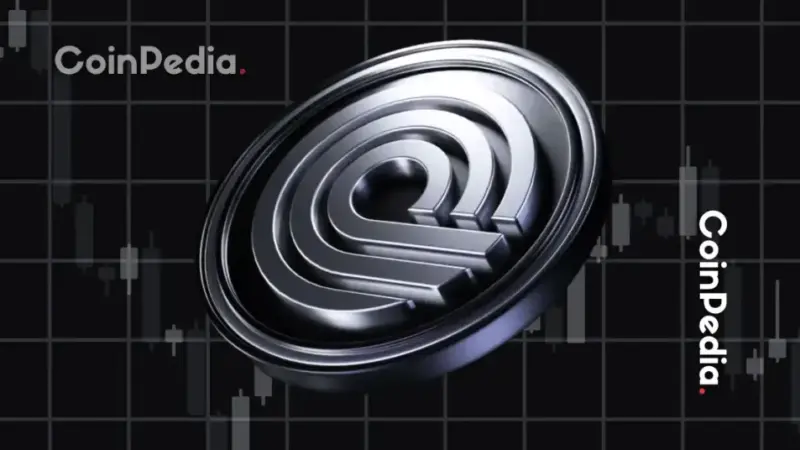Kyber Network introduces Uber-style surge pricing for DeFi token swaps


Decentralized exchange Kyber has launched a Dynamic Market Maker, or DMM, in what it claims is a world first.
The new platform, which was announced on April 5, has been designed to optimize fees and enable extremely high capital efficiency for liquidity providers.
One of the major differences between Kyber’s new platform and regular Automated Market Makers, or AMMs, is the fee generation system. While platforms such as Uniswap charge a fixed trading fee of 0.3%, the new DEX will calculate fees dynamically, increasing during times of high volatility and demand, and decreasing when markets are quiet. This encourages traders to take advantage of cheaper trade opportunities which improve capital efficiency for LPs and the platform.
The system mimics the Uber-style surge pricing that increases prices when there is a lot of demand for rides, such as in bad weather or rush hour, and drops them when there is less demand and traffic levels have returned to normal.
Kyber Network is an on-chain liquidity protocol that has a DEX called KyberSwap, which allows users to swap crypto assets without a central order book or operator. Much of the inspiration for the new DMM has been taken from the current Uniswap interface.
According to the DMM dashboard, liquidity on the platform is currently $20.5 million with a daily volume of $490,000. Kyber’s native token, KNC, has retreated over the past 24 hours dropping 5.7% to $3.13 according to Coingecko.
The new DMM also operates a “programmable pricing curve” which allows liquidity pool creators to customize pricing through an “amplification factor” based on the nature of the relationship between the two tokens.
In essence, tokens that have a lower deviation from their prices such as stablecoins can have a higher amplification factor which allows the liquidity to increase without needing more tokens in the pool. These features have also been included in the Uniswap v3 upgrade which also aims to improve capital efficiency by optimizing the bonding curve.
Pool creators can set their own AMP factor which increases the liquidity depending on the type of tokens in the pool — stable tokens can have a higher factor, whereas more volatile ones will be set lower.
“This means that given the same liquidity pool and trade size, Kyber DMM can provide much better liquidity and slippage compared to AMMs. Slippage can potentially be 100X better than AMMs for more stable pairs!”
The announcement added that the code has been fully reviewed and audited multiple times by both the internal team and external auditors with no critical issues found. It stated that the full audit will be released soon but added that the protocol is still in beta.



